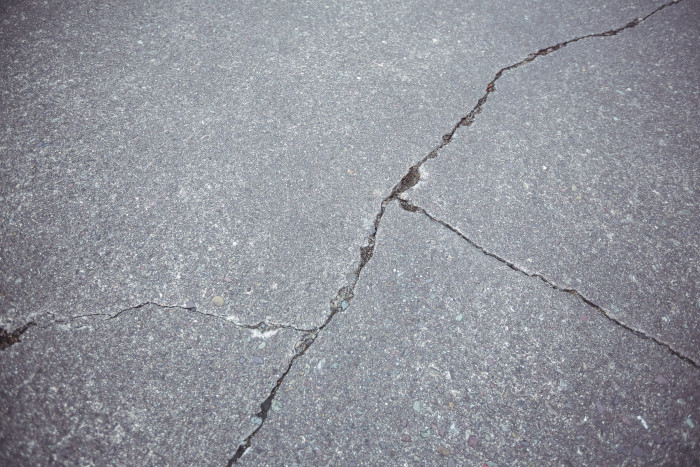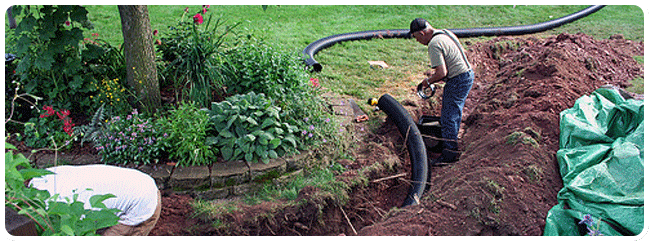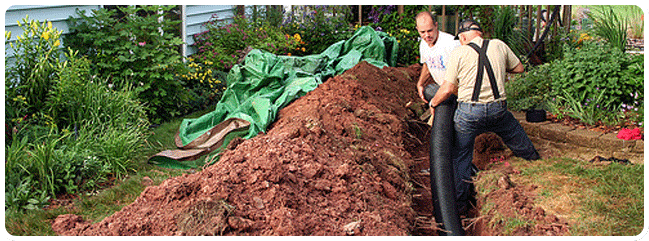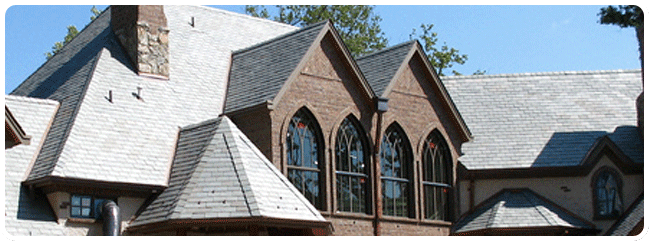If you notice that your driveway is starting to get filled with cracks, potholes, and spotted with “rash-like” surface erosion, then it’s probably time to have it inspected and repaired by a professional. Most driveways tend to last between 15 to 20 years if they’re handled with care. But early cracking and deterioration can happen if they’re neglected.
It’s important that you’re also aware of the factors that cause driveways to crack. At least with this information, you can do some early prevention to ensure their durability will last for several years.

1. Improper foundations
When contractors are in a hurry, they may not pack down the crushed stone base as tightly as they ought to. When unscrupulous companies wish to save money, they may even use sand or dirt substrates, which fluctuate excessively with temperatures and cause cracking. You can prevent this problem by carefully selecting your contractor, but unfortunately, there is nothing short of outright replacement that can correct it.
2. The freeze/thaw cycle
When snow and ice comes into contact with your concrete driveway, or even asphalt, it will seep down into it after it melts. It will then refreeze and expand when temperatures drop again, causing your driveway to crack. Using rock salt (sodium chloride) will only exacerbate this problem by infiltrating your driveway’s porous surface and then attracting water. It will also only lower the freezing point of water by about 10 degrees, which will lead to numerous freeze/thaw incidents. By using calcium chloride instead of rock salt, the freezing point will be brought down well below zero, and less damage will occur. By mixing deicers with a little sand, traction will be added and salt damage lessened. By sealing your driveway, less water and salt will penetrate it, and you will preserve it for additional years. Source: HeatTrak
3. Tree root growth
As tree roots grow and spread beneath your driveway, they apply pressure from below. Eventually, to relieve the stress, the driveway surface cracks as the foundation and base layers push upward.
4. Sharp Object Damage
Dings and scrapes from sharp or edged items like snowblower blades, poorly handled snow shovels, or studded tires can crack or tear chunks from a driveway’s surface. It’s essential to fix accidental cracks or chips like these ASAP. If you don’t, water, salt, and snowmelt will work their way in and cause more cracking. If you don’t have the time or skills, hire a local driveway repair service to take care of it for you. Source: Angi
5. Heavy loads
Concrete is one of the strongest manmade materials. But if your driveway is enduring constant pressure from heavy vehicles parked on its surface, that concrete can get stressed and start to crack. Heavy loads, like oversized trucks or machinery, might exceed your driveway’s weight limit.
Even if your driveway is strong enough to withstand heavy weights, the soil beneath might not be. If that’s the case, you’ll notice your driveway settling into the ground. Source: Thrasher
Now that you’re aware of these factors, we hope that you’ll act on your driveway as soon as possible. If ever you need help, we’re just one phone call away and we’ll be there to assist you!
Contact:
Kerrisdale Roofing & Drains
168 W 71st Ave, Vancouver, BC V5X 4S7
(604) 360-2114



















